We're proud to provide DevOps services.
Executive Office of Labor and Workforce Development (EOLWD)
Elevating the PFML application experience for Massachusetts residents through testing.
Last Call Media developed a robust testing solution to streamline the Paid Family and Medical Leave (PFML) application process, minimize disruptions, and instill greater trust in government solutions.

Seramount
Seramount's Online Portal in WordPress
A B2B online learning and development platform built on WordPress.

Seramount's Online Portal in WordPress
Executive Office of Technology Services and Security
Transforming Government Services with AI: Massachusetts' Next-Generation Chatbot
Last Call Media partnered with Massachusetts to pilot an AI-driven chatbot that understands and answers questions the way people actually ask them.

HIAS
Continuous delivery to HIAS.
Helping the oldest international migration and refugee resettlement agency in the U.S.
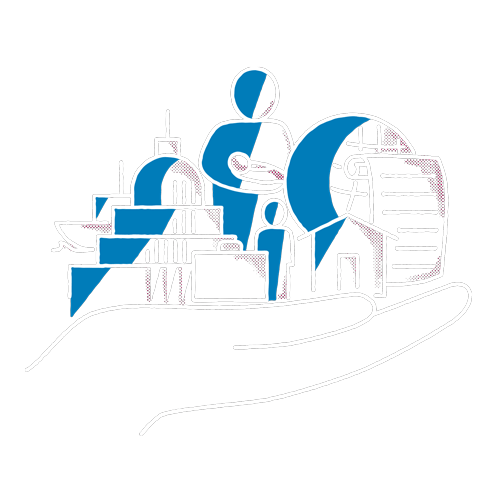
Continuous delivery to HIAS.
University of Southern Mississippi
Implementing A Digital Media Strategy With Measurable Results
Using Drupal 8 and Acquia to increase site engagement on USM.edu

Implementing A Digital Media Strategy With Measurable Results
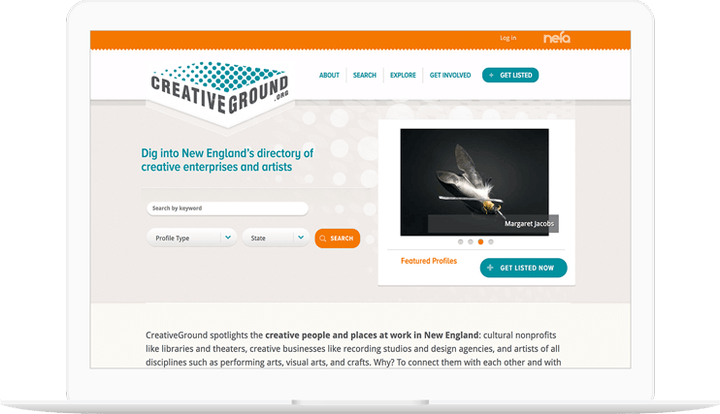
Consulting and continuous delivery.
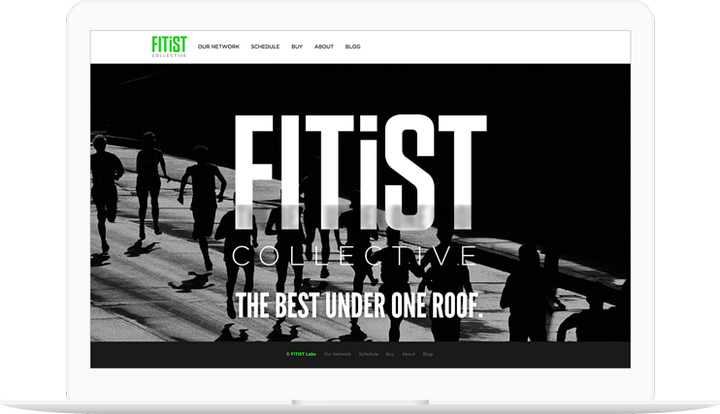
Getting FITiST fit to startup.
IDG
Continuous delivery to the council.
Responding to projects and help-desk issues with equal competency.

Continuous delivery to the council.
StoryCorps
A national treasure migrated to AWS with no downtime.
27,000,000,000,000 bytes of data migrated
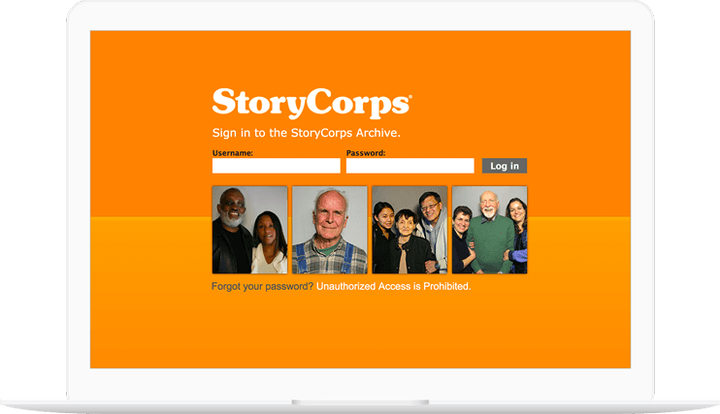
A national treasure migrated to AWS with no downtime.
The Commonwealth of Massachusetts
Best-in-class content delivery and caching.
Longer-lasting caches and fast load times, at a lower cost.
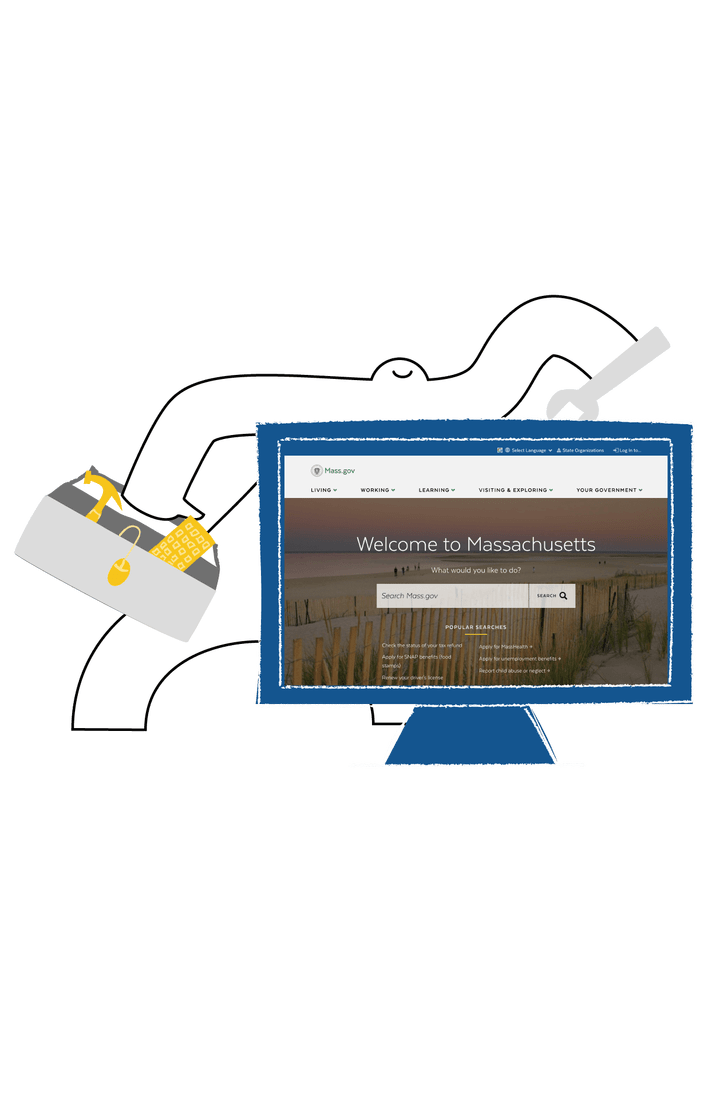
Best-in-class content delivery and caching.